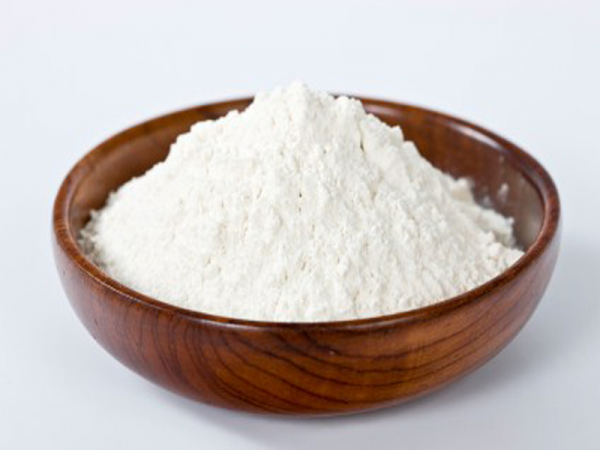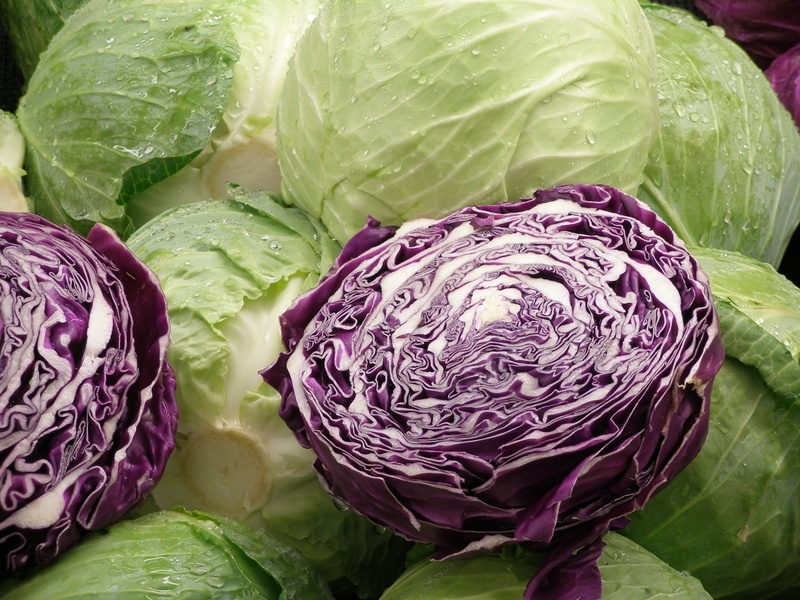What is glutamine?
Glutamine is the most abundant free amino acid in the human body, making up about 60% of the skeletal muscle amino acid pool. (For more on amino acids, see All About BCAAs and All About Protein.)
Glutamine is a conditionally essential amino acid, which means that normally our bodies don’t need it from our diet. Exogeneous glutamine (in other words, glutamine we supplement or consume in food) is essential only under certain conditions, which include stress, trauma, muscular dystrophy, and illness, which can decrease glutamine levels by up to 50% (in severe cases). Because glutamine is a precursor for the structural unit of DNA and RNA, rapidly dividing cells are most likely to suffer from a shortage.
When we aren’t experiencing stress, trauma, muscular dystrophy or illness, our body produces enough glutamine on its own to supply our needs. The major part of endogenously produced (in other words, stuff our body makes) glutamine comes from skeletal muscle. Vitamin B3 and B6 are necessary for the production of glutamine from glutamic acid.

Why is glutamine so important?
Glutamine is a vital fuel source for the intestines and immune system that helps to keep defenses up against microbes. By nourishing these cells, it maintains the integrity of the GI tract.
Since the immune system is necessary for recovery from stress, glutamine may help during intense bouts of training. It may play a role in:
- Normalizing growth hormone
- Promoting glucose uptake after workouts
- Enhancing the hydration state of a muscle
- Reducing acid buildup with exercise (more on acid-base balance)
Yet it doesn’t seem that exercise decreases glutamine concentrations enough to compromise regular immune functions. This makes sense, since those who consume adequate energy from their diet tend to have a high glutamine intake. However, some people whose training and diet causes physical stress may benefit, e.g. people who are eating less food than necessary to modify body composition (in other words, dieting) or people whose training is extremely strenuous (such as elite athletes).
What you should know about glutamine
Where to find it
Cabbage and beets contain high concentrations of glutamine. (Eastern European grandmothers everywhere, rejoice! You have one more reason to encourage your “too skinny” grandchildren to eat the buraczki, borscht and holubtsi!) Other food sources include fish, beans and dairy.

Glutamine supplementation and dose
Typically, the consumption of any solo amino acid in high doses may hinder the assimilation of other amino acids. High doses of single amino acids can also result in bloating and diarrhea since they have osmotic properties. Yet glutamine supplements appear to be absorbed adequately and don’t create GI distress.
Glutamine supplementation has become routine to promote gut health in those with GI disorders, or those with HIV/AIDS, cancer, and other severe illnesses. Because glutamine has a rapid turnover rate, even high amounts (up to 30 grams each day) can be given without side effects. Most people will have a normalized plasma glutamine concentration by adding 20-25 grams over a 24 hour period.
In studies, glutamine supplement dosages have varied, including:
- 18 to 30 grams per day, by mouth
- 10 grams three times per day, by mouth
- 0.6 grams per kg of body weight per day (thus a 100 kg/220 lb person would consume 60 g daily)
- 14 grams of glutamine per day in combination with arginine and HMB for up to 24 weeks
Glutamine side effects and long-term use
There is little data regarding long-term usage (more than a few weeks) of glutamine supplements. No reported adverse effects have been attributed to short-term supplementation at less than 30 grams per day. Still, in some studies using high-dose intravenous administration of glutamine, patients developed elevated liver enzymes (indicating liver stress).
Other groups at risk:
- Those with diabetes should use caution when supplementing with glutamine because they tend to metabolize glutamine abnormally.
- Those who are sensitive to MSG (monosodium glutamate) may want to avoid glutamine supplements, due to glutamate inter-conversion.
- Those with epilepsy or bipolar disorder should be extremely cautious if considering glutamine and discuss it with their doctor first. Many anti-seizure medications work to block glutamate stimulation in the brain. And since the body metabolizes glutamine to glutamate, glutamine may interact negatively with anti-seizure medication.
Summary and recommendations
Will adding glutamine make a difference to your body if you are healthy? Probably not.
Will it harm you in doses of less than 30 grams per day? Probably not.
If all of your bases are covered with nutrition, exercise and recovery, and you have the money to spend each month on more supplements, then adding glutamine is fine. If you are undergoing a period of food restriction, then glutamine supplementation may improve nitrogen retention, decrease infection, and promote recovery from illness. Other situations that may benefit from glutamine supplementation include GI disorders, HIV/AIDS, and cancer.
For healthy individuals, the suggested reasons for taking glutamine supplements have received little support from well-controlled studies in healthy, well-nourished humans.
I contacted Dr. Michael Gleeson, a glutamine guru at the School of Sport and Exercise Sciences, Loughborough University, Loughborough England. His response was short and sweet:
Dear Ryan,
I do not see any point in supplementing glutamine for the healthy athlete/exerciser.
Regards,
Mike
Extra credit
Glutamine is a precursor for arginine.
A supplement blend containing glutamine has been shown to lower body fat, increase muscle mass, and increase strength when combined with 12 weeks of resistance training.
Eat, move, and live… better.©
Yep, we know… the health and fitness world can sometimes be a confusing place. But it doesn’t have to be.
Let us help you make sense of it all with this free special report.
In it you’ll learn the best eating, exercise, and lifestyle strategies — unique and personal — for you.
Click here to download the special report, for free.
References
Click here to view the information sources referenced in this article.



Share